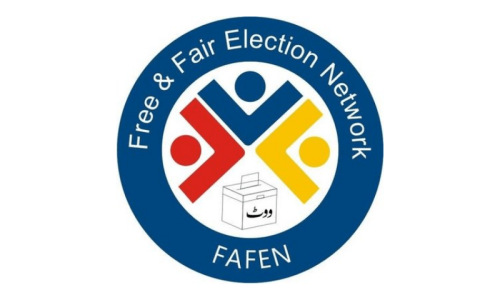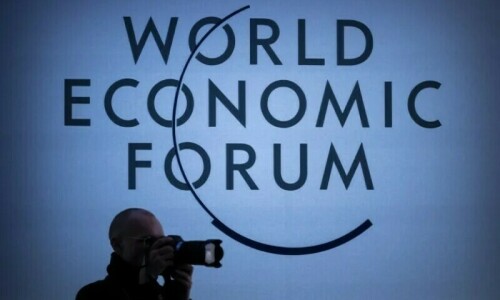THE finalisation and approval of the first-ever e-commerce policy framework is a positive development. The policy framework focuses on protecting both the consumers and online retailers, implementing more effective regulations without hampering the growth of this industry, promoting financial inclusion and digitising payments, harmonising taxes, and creating new jobs. The good thing is that the policy has been developed after extensive consultations with private- and public-sector stakeholders. These have included e-commerce companies, the central bank, FBR, the ministries of IT and commerce, etc. Therefore, we see broad agreement by online retailers on the measures proposed in the framework to regulate the industry in such a way that it continues on its rapid growth trajectory.
Online shopping in Pakistan has grown by leaps and bounds in recent years due to advancements in communication technology, including the expansion of internet access and branchless banking. At present, we do not have reliable or verifiable data regarding the exact value of online transactions, because approximately 90pc of total purchases still remain cash-based. Yet the size of online retail business in the country is estimated to have grown to anywhere between Rs50bn and Rs100bn. The rapid increase in the popularity of e-commerce has also led many brick-and-mortar retailers, major brands and individuals to start their own online retail shops to reach out to the emerging market of online buyers. In spite of this significant rise in technology-driven business-to-consumer, or B2C, transactions, the size of the online market in Pakistan is minuscule when compared to what it is in China and India. In India, e-commerce retail sales are estimated at $38bn, while in China these stand at a staggering $1.5tr. Also, the Chinese and Indian markets have seen a huge influx of foreign investment in this sector. In contrast, foreign investors are reluctant to invest in the industry here because of connectivity problems as well as infrastructural and regulatory issues that impede the repatriation of their profits. The framework does not help in tackling such issues. All the same, we have a policy that can help grow this industry, safeguard the interest of consumers and mobilise significant tax revenues for the government. The next step is its implementation. Many remain sceptical on this count because our bureaucracy is not known for the execution of policies. The framework needs further refinement but that will be possible only when it is put into action.
Published in Dawn, October 3rd, 2019










































